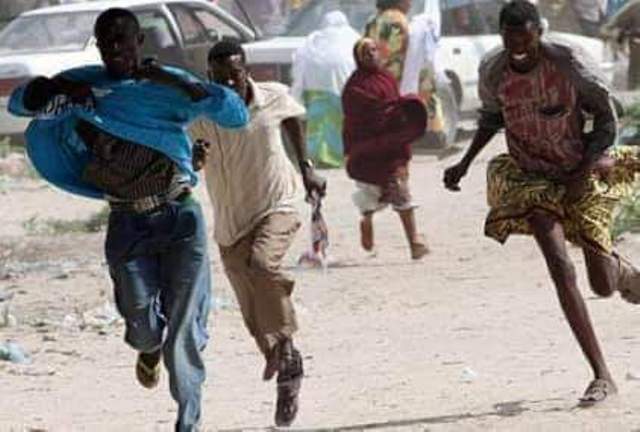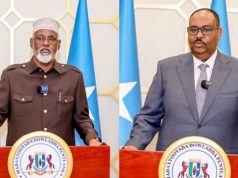 ii
ii
The relative stability Somaliland has seen for years is now at risk of coming undone. What ought to have been the first parliamentary elections in this autonomous region of Somalia since 2005 have been put off once more. The postponement of a vote set for mid-December to 2022 and increasing crackdowns on free speech pose a risk to Somaliland, an internationally endorsed autonomous region of Somalia that straddles the borders of Ethiopia and Djibouti. Some analysts see Somaliland as East Africa’s strongest democracy, located at a strategic intersection and key to the development of the Horn of Africa . The most recent postponement of the parliamentary vote to 2022 has triggered political infighting and discontent on the part of the opposition and among young people who say they feel excluded. The majority of Somaliland’s population are under 35.
A disenfranchised generation
“We are having a whole generation unable to elect their own representatives, because everyone who is under the age of 30 was not eligible to vote in 2005 when our parliament was elected,” says Guleid Ahmed Jama, a lawyer and political analyst. “There is a detachment between the elected officials and the majority of the people in the city, who are suffering because of unemployment and other social issues.” Somaliland, home to over 4.5 million people, declared independence from Somalia in 1991. The move came after years of dictatorship and bloody conflict under Somali President Mohamed Siad Barre. The region’s fight to be recognized as an independent state has been hindered by diplomatic issues between the international community and Somalia. Somaliland, meanwhile, functions as a sovereign entity, with its own constitution, institutions and permanent population.
While presidential elections have been held on a regular basis, the upper and lower houses of parliament have been in place for 14 and 22 years respectively. The elections for the lower house scheduled for this year were put off until 2022, officially because parties disagreed on who should run the new National Election Commission. However, many people argue that the unwillingness of Somaliland parliamentarians to relinquish power is behind the repeated deferral of the vote. Local councils have also been operating without a mandate since April. “The problem is, even if this [issue oo the election commission] is solved, the issue related to disputes on election and postponement of elections will not be resolved,” says Guleid Ahmed Jama. “This requires addressing the root cause of the problem, which relates to the rule of law and the place of the judiciary. The electoral law and the electoral commission need to be reformed in order to conform with democratic principles.”…..







